
TAGTIK NEWS - TO THE POINT
The day Vladimir Putin became acting president
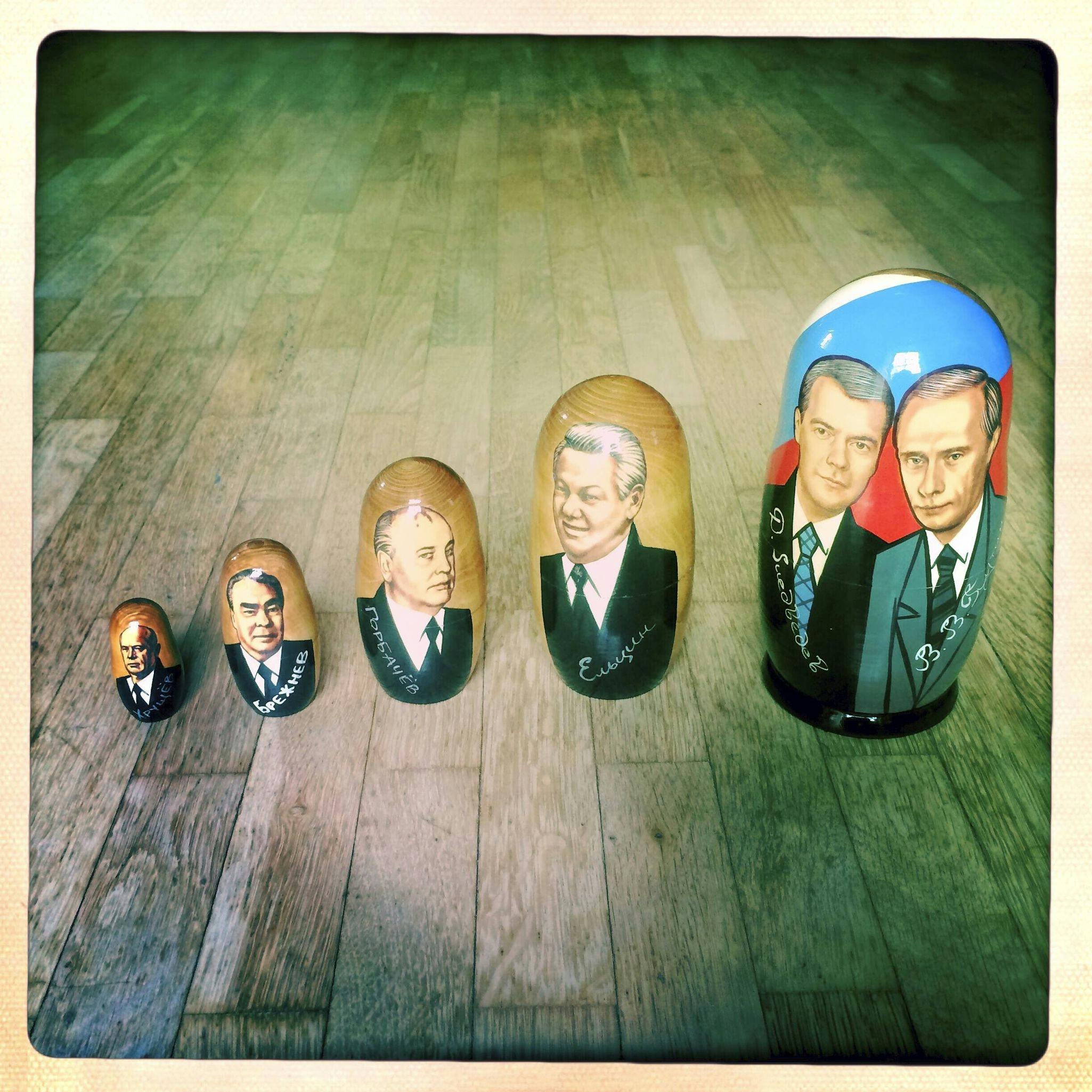
On 31 December 1999, Russian President Boris Yeltsin resigned. And it was his Prime Minister, a former KGB member, who took over the reins as acting president. A certain Vladimir Putin. Here's the story...
Between 1990 and 1991, the Soviet Union (USSR) was disintegrating. In 1990, the Russian president was called Boris Yeltsin. Opposite him was the president of the USSR: Mikhail Gorbachev. A coup attempt to overthrow Gorbachev failed in August 1991, with Boris Yeltsin as the figurehead of this rescue. Thanks to his charisma, he overshadowed the father of Perestroika to become the uncontested leader of his country. This marked the beginning of the Yeltsin era, supported by the West, with a Russia without its satellite countries from the former USSR. The entire state apparatus was reformed at a swift pace to transform Russia into a democracy and allow countries like Lithuania, Latvia, Estonia, Ukraine, Georgia, Uzbekistan, and many others to pursue their destiny without Moscow.
Off to a bad start
Unfortunately, everything happened too quickly. Russian society wasn't ready to transition to a market economy at such a pace. The system collapsed, and the promised wealth ultimately benefited only a few privileged individuals. The situation was catastrophic for many citizens. Yeltsin tried to reassure the people by asking for patience and launched the first war in Chechnya to prove that Russia remained a powerful country. In 1995, the Communist Party won the legislative elections, demonstrating the people's distrust. The state was even incapable of paying pensions. The prognosis for the 1996 presidential election was dire for President Yeltsin, especially as his health was unstable. He had already experienced several heart attacks. Everything indicated that he would lose in 1996.
A turn of events
Yet, Boris Yeltsin narrowly won the 1996 presidential elections, with the financial and political support of Western leaders who were horrified at the prospect of communism regaining power in Russia. He could also count on an outstanding team of advisors and a financial manoeuvre with the help of oligarchs, mostly bankers, to fund the reforms and reassure the Russian public. He also signed a peace agreement in Chechnya to bring the soldiers home. His re-election mainly benefited his sponsors and reassured the West. To support him, from 1997, his team included a former KGB member who had proven himself at the mayor's office of Saint Petersburg: Vladimir Putin. Things sped up for him in 1999.
The providential resignation
Putin takes advantage of the 1998 financial crisis and the services rendered to Yeltsin to climb the ranks in Moscow. He would become the head of government in August 1999, namely Prime Minister. The timing is perfect. Boris Yeltsin is starting to find it difficult to keep hold of power as his health deteriorates and public unrest mounts. Moreover, Russia has to deal with attacks that lead to the resurgence of the Chechen war. Yeltsin's close associates and advisers urge him to resign for health reasons, which he duly does on 31 December 1999.
On top for eternity
As per the Russian constitution, it's the second-in-command who assumes the interim presidency until the elections. This man is Vladimir Putin. He takes over the interim presidency, ensuring decrees protecting Boris Yeltsin are signed. He subsequently wins the March 2000 elections with 52.94% of the vote. Since then, despite his lieutenant Dmitry Medvedev's term for constitutional reasons (prohibition of more than 2 presidential terms), he has remained in power pulling the strings in Russia. Furthermore, he amends the Constitution to secure the sustainability of power until 2036 and absolute immunity.
(MH with Olivier Duquesne – Source: Wikipedia, “1996, hold-up à Moscou” film by Madeleine Leroyer - Arte & various – Picture: © picture alliance / Westend61 | Tanja Zizala)
LATEST NEWS
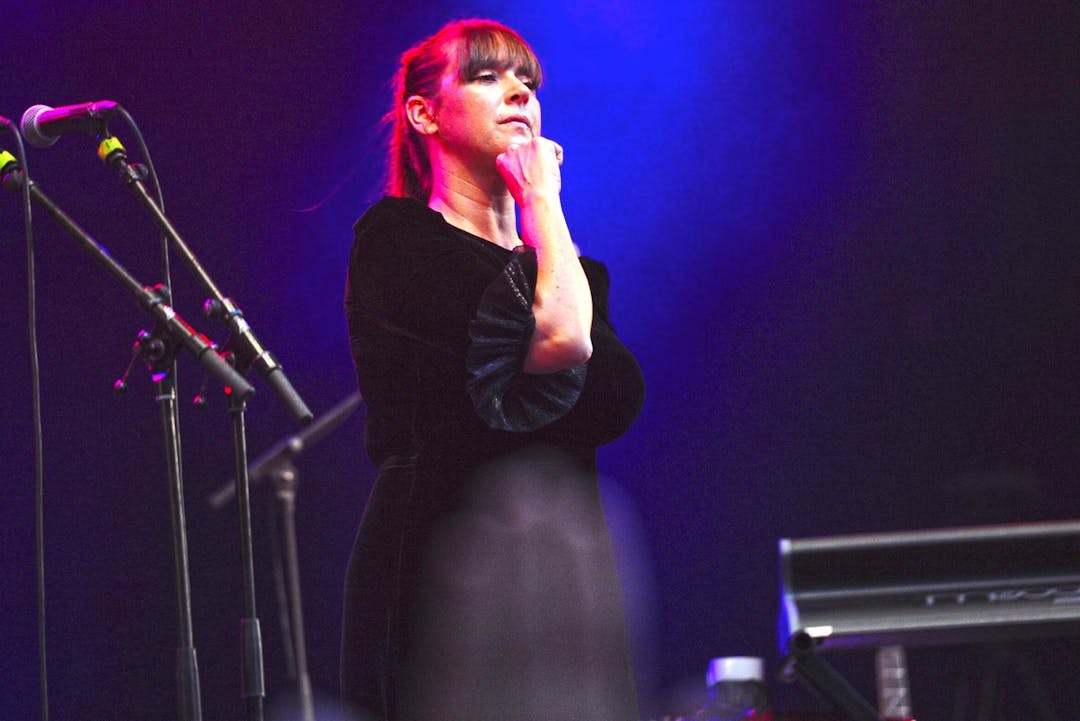
Born on January 21: Cat Power, a rebel who doesn't need to scream
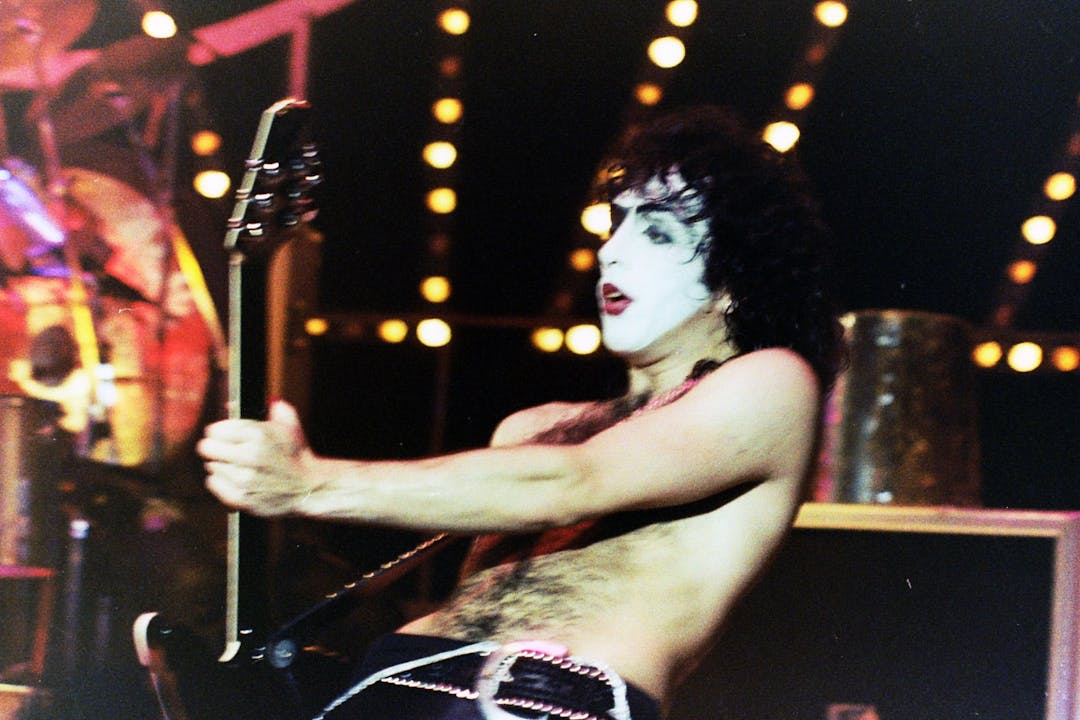
Born on January 20: Paul Stanley (KISS) promises not to touch make-up!
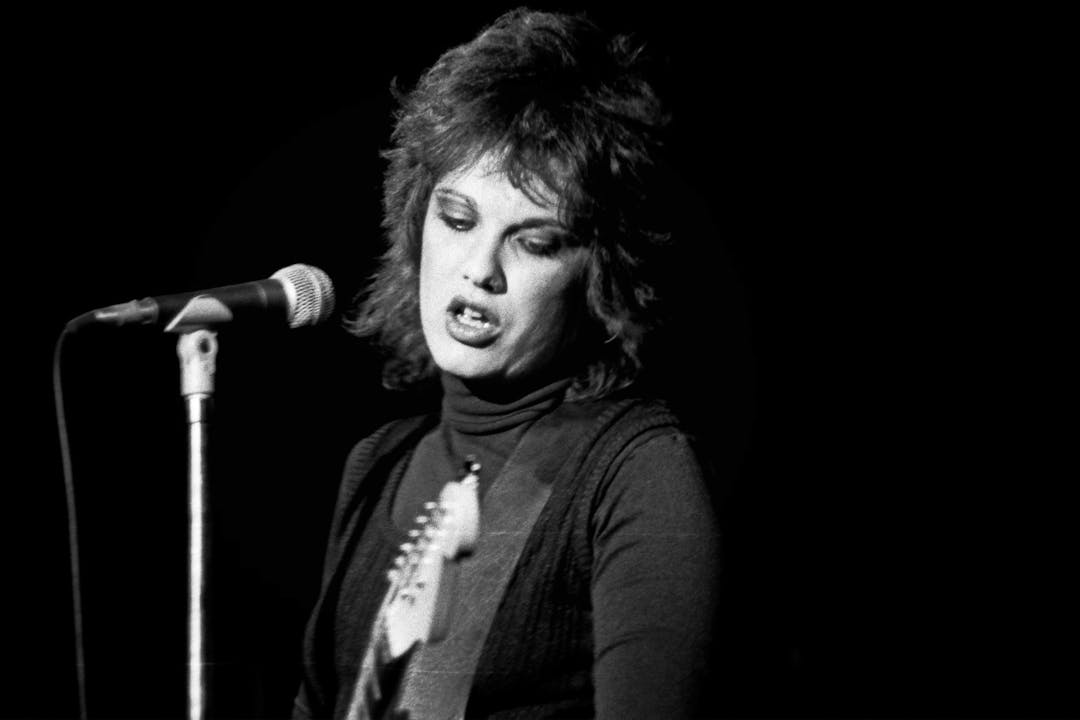
Born on January 19: Martha Davis, the Motels' singer's troubled life
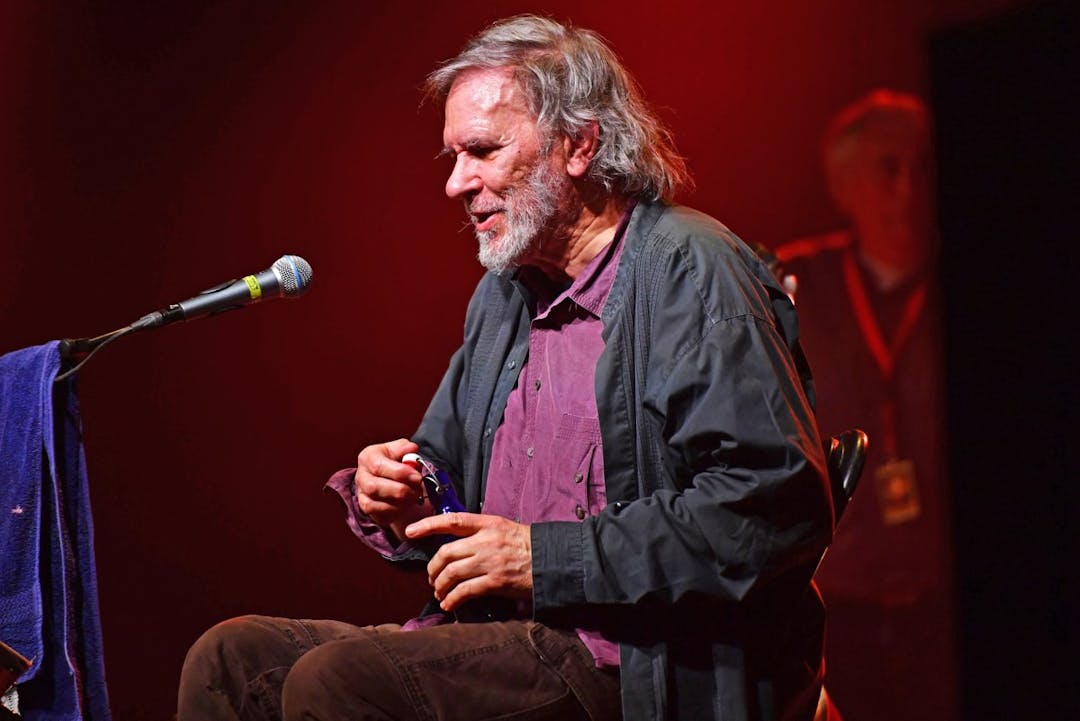
RIP: The legendary Tucker Zimmerman has passed away at the age of 84.
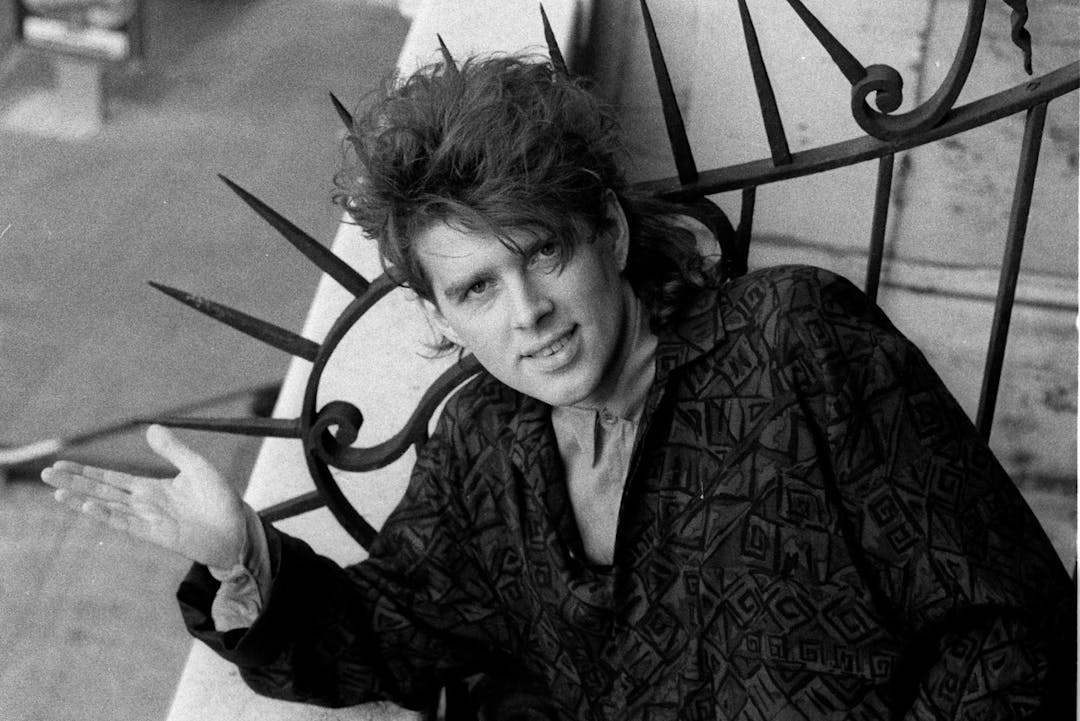
Born on January 18: Tom Bailey (Thompson Twins) always calls his "Doctor! Doctor!"
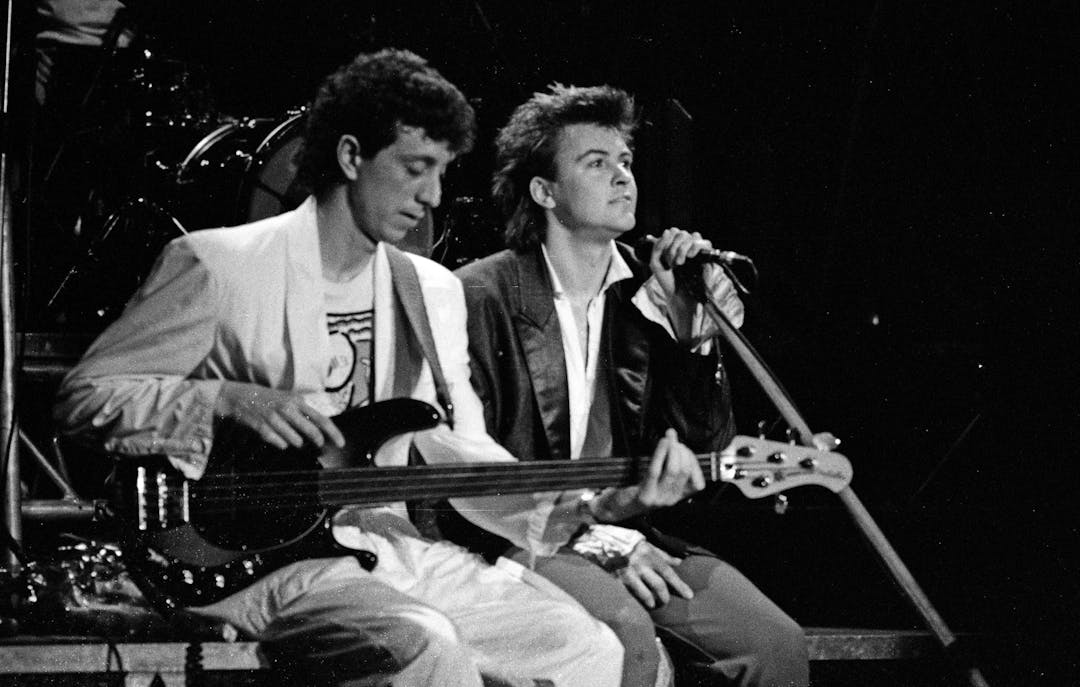
Born on January 17: Paul Young holds on to his crown as king of romantic ballads
Quick links